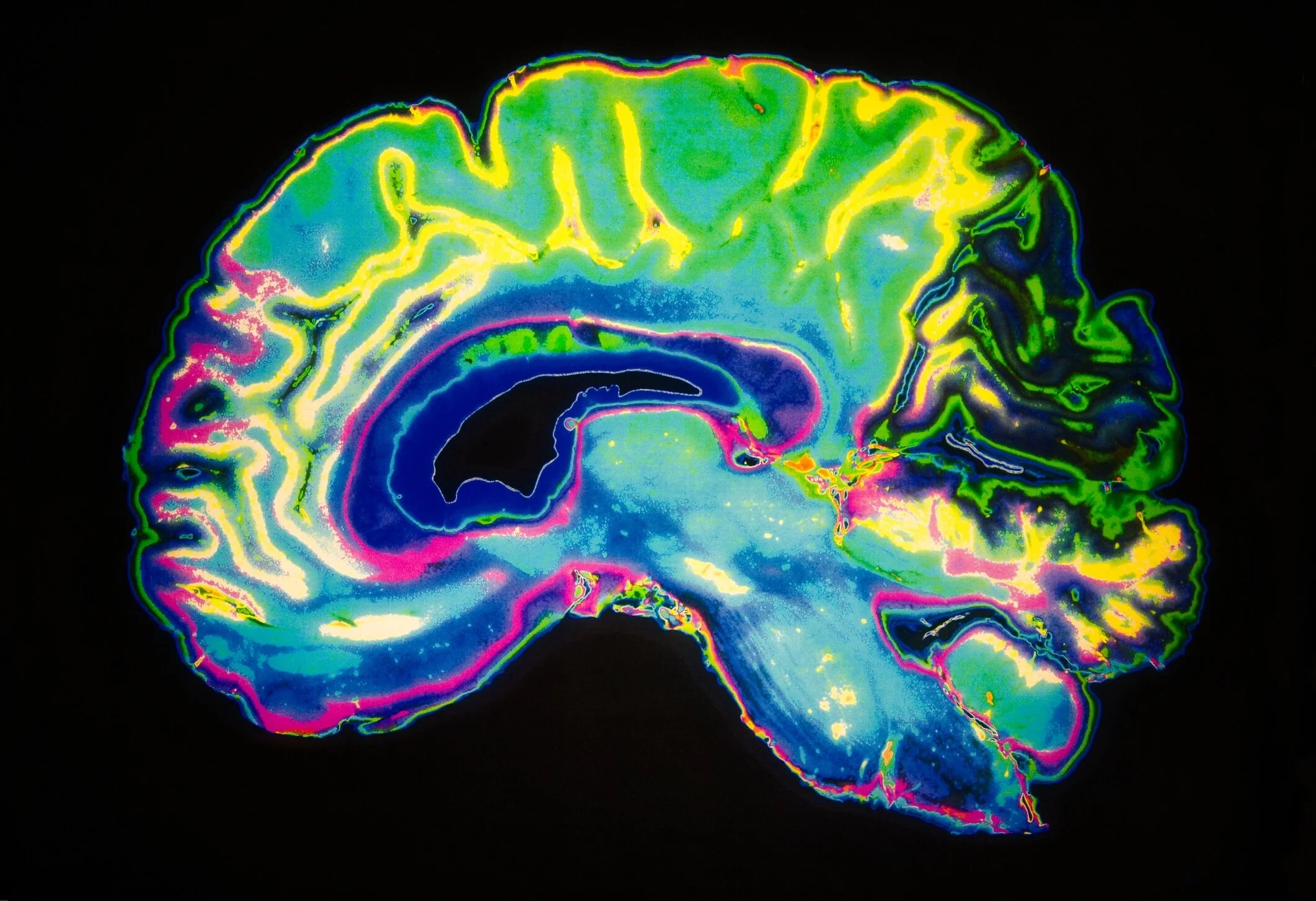By Giovanni Sala & Fernand Gobet - University of Liverpool
We would all like to boost our cognitive ability beyond the limits set by Mother Nature. So it’s no wonder that brain-training programmes – which typically focus on training our working memory – are a multibillion-dollar industry. But can this kind of training really make us smarter?
The human brain is not good at remembering more than a few things at a time. - Image Credit: fizkes via Shutterstock / HDR tune by Universal-Sci
If it could, the implications for society would clearly be huge – and could help us unveil the secrets of the human mind. Now we have reviewed the most studied type of cognitive training – working memory training – to find an answer.
Cognitive training sees the brain as a kind of muscle that can be made stronger with the right kind of practice. It consists of tasks or games that are typically carried out on computers, tablets or smart phones. Despite much research, there has so far been no agreement about its effectiveness. Some think that cognitive training boosts a broad range of cognitive abilities, while others are far more pessimistic.
Yet we do know that some cognitive skills, such as working memory and intelligence, tend to go together and are predictors of real-life skills such as work performance. Thus, training one cognitive skill might lead to an improvement in many other cognitive and non-cognitive skills. That is exactly the underlying hypothesis on which working-memory training is based.
Working memory is a cognitive system, related to short-term memory, that stores and manipulates the information necessary to solve complex cognitive tasks. The amount of information this cognitive system can manage is quite limited – if we are asked to remember a number of items or digits in a short period of time we can manage, on average, (only seven). The type of intelligence that working-memory capacity correlates most highly with is called fluid intelligence. This describes a person’s ability to solve new problems and adapt to novel situations. Fluid intelligence is the most reliable predictor of academic achievement and work performance.
Thus, it’s not crazy to believe that engaging in working-memory tasks – such as n-back tasks which present people with a sequence of visual stimuli and ask them to indicate when the current stimulus matches the one from a certain number of steps earlier in the sequence – may foster working-memory capacity and, consequently, fluid intelligence and school or work performance.
Weighing up the evidence
To test this hypothesis, we reviewed all the studies about working-memory training we could find with normally developing children: 26 experiments and 1,601 total participants. Children represent an ideal test group: during childhood, skills are still at the beginning of their development. Thus, cognitive training is more likely to succeed with children than adults.
The results were crystal clear. Working-memory training did not show any effect on children’s fluid intelligence, academic achievement or other cognitive abilities. The only reliable effect was that children got better at what they trained. No more, no less. So performing working-memory tasks (for example n-back) does seem to make you better at doing them. Nonetheless, the fact that participants got better at such tasks does not necessarily mean that their working-memory capacity increased. They may just have learnt how to perform that particular type of task.
The results do indicate that the use of working-memory training programs as an educational tool is futile. More generally, together with other research, the results contribute to disproving cognitive training companies’ promises of a better brain. These claims are clearly much more optimistic than the actual data suggest.
Chess may have an effect on children’s mathematical ability. - Image Credit: LightField Studios via Shutterstock / HDR tune by Universal-Sci
Our results have even more important implications theoretically. They question the hypothesis that training general cognitive mechanisms can affect other cognitive or real-life skills. Beyond working-memory training, other recent reviews and studies have revealed the limitations of different types of cognitive training. For example, music training fails at enhancing cognitive skills outside music – including academic attainment.
Chess training does seem to exert moderate effects on children’s cognitive ability and achievement in mathematics. However, any positive effects are probably due to placebos (such as being excited about a new activity). The benefits of practising action video games appear to be limited to the tasks trained by the video game. Taken together, this evidence suggests that the “curse of specificity” occurs regardless of the type of training.
However, these negative results must not discourage us from training our cognitive and non-cognitive skills. We just have to be aware of the actual limitations of such practice in areas outside what we are actually training. But that doesn’t mean we shouldn’t do it – the most efficient way to develop a skill is, after all, to train that skill.
Source: The Conversation










